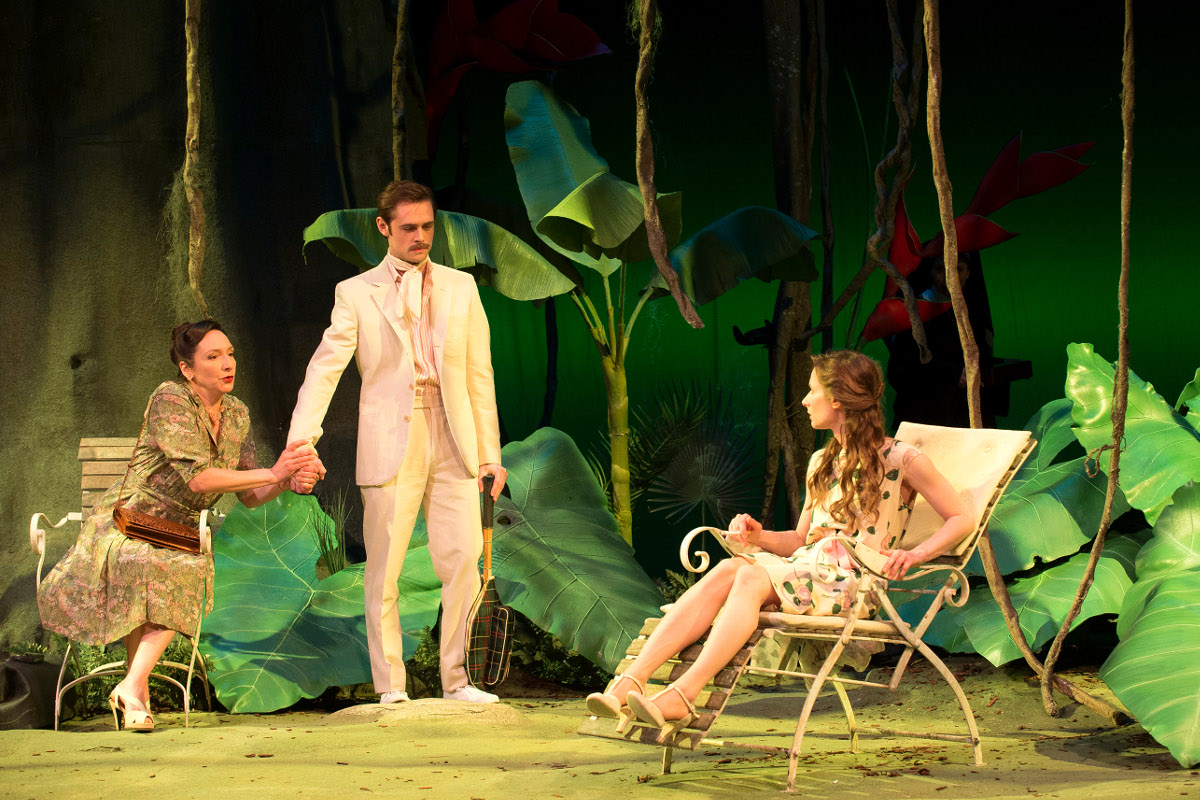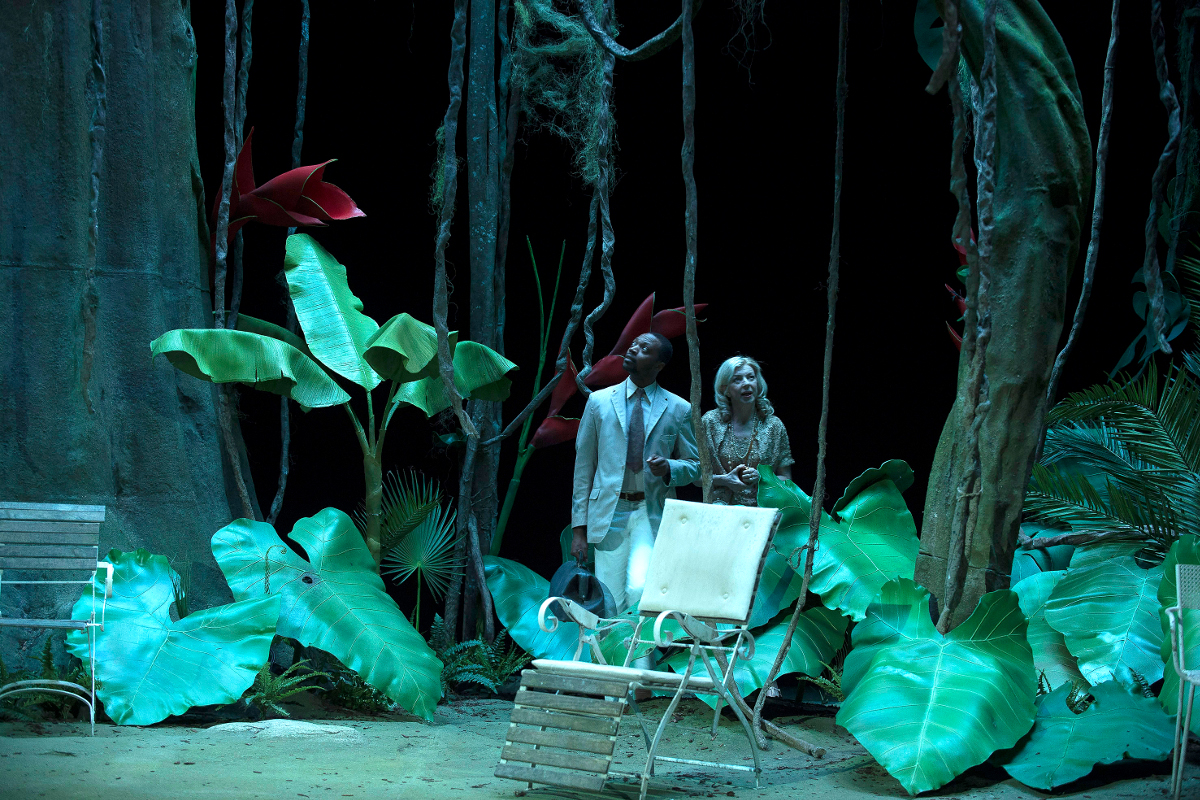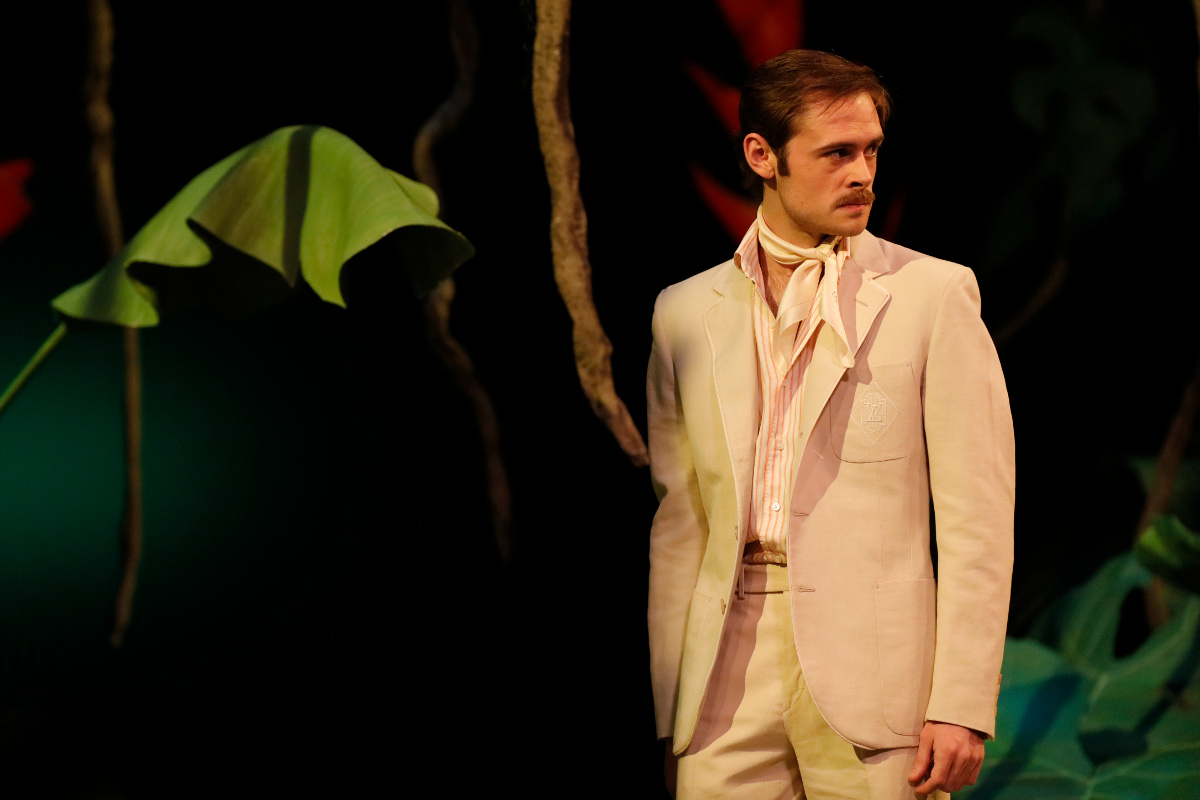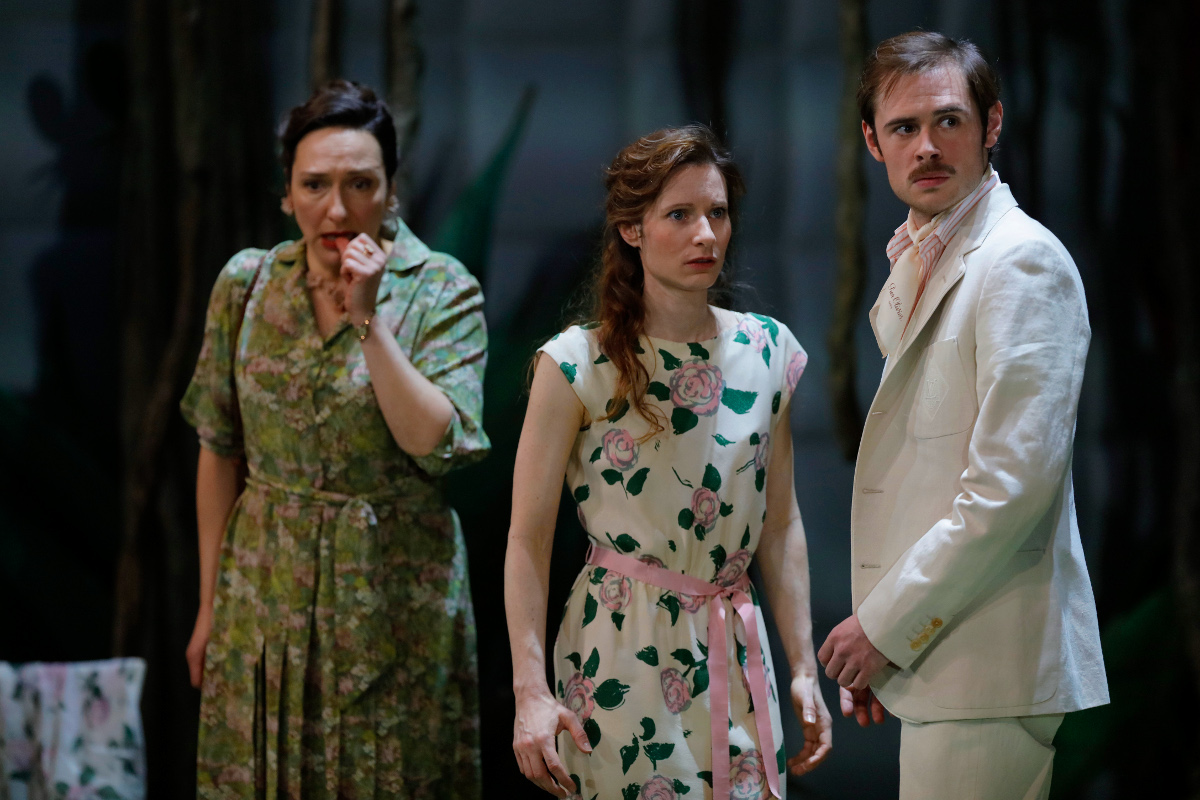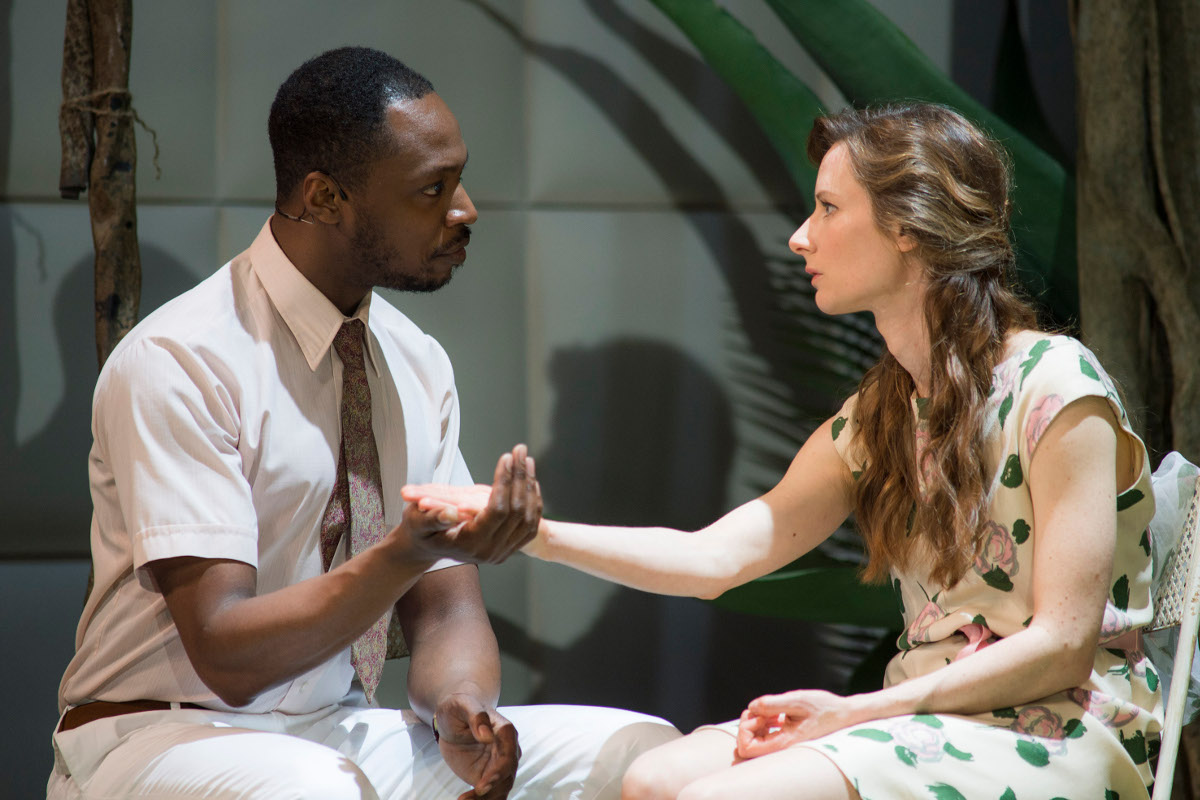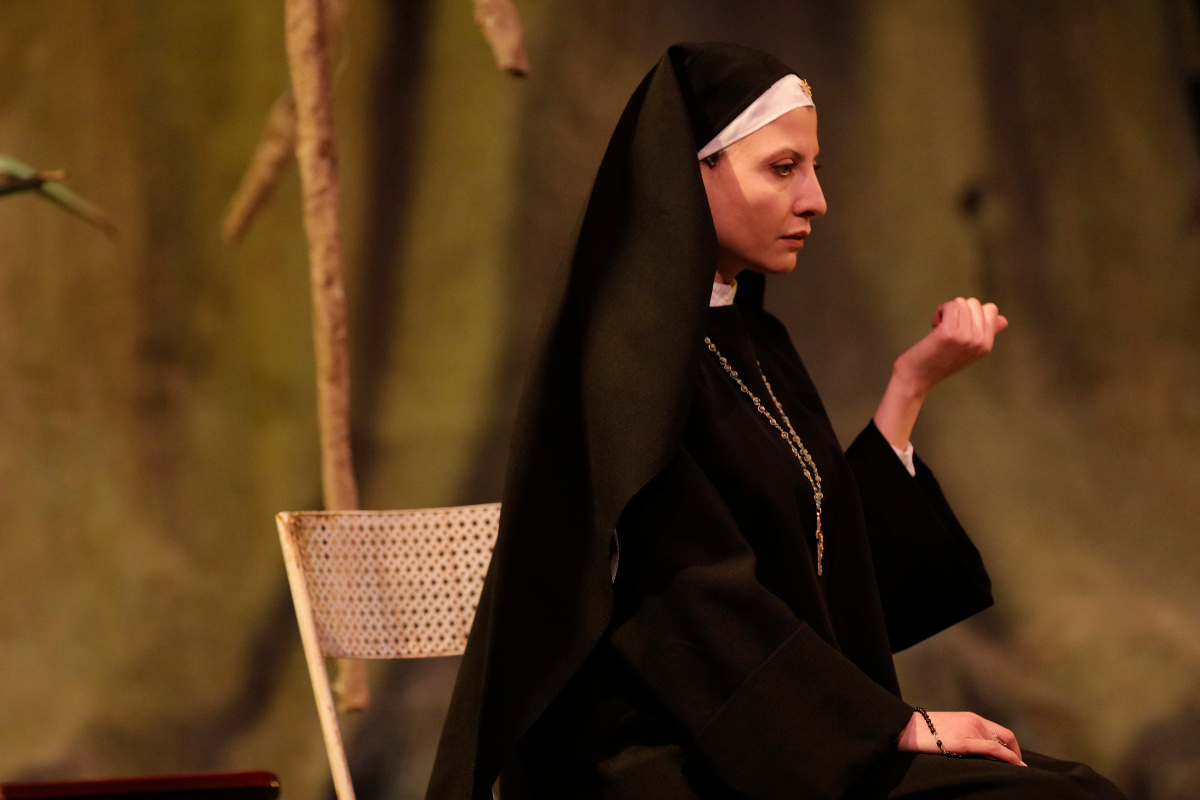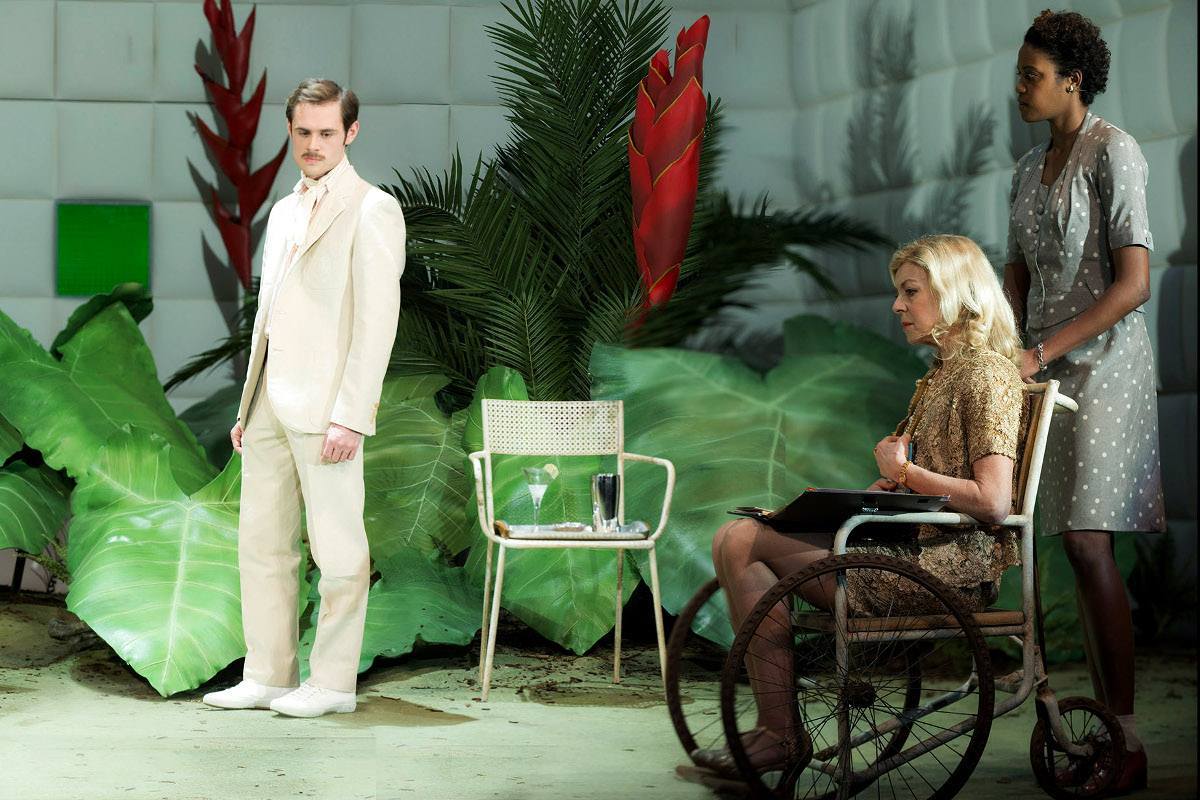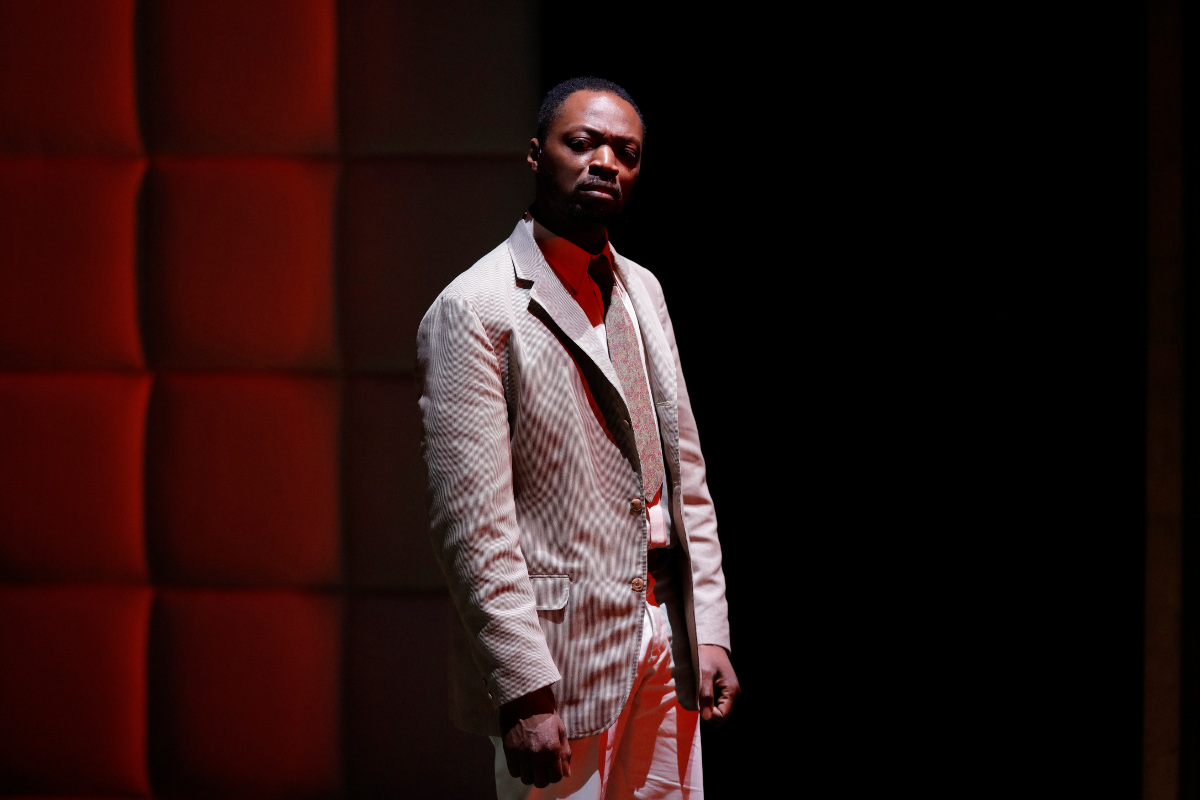Suddenly, last summer, something broke. Up until then, everything in Sebastian Venable’s life was as normal, as regular as a natural phenomena. Each summer came and went, twenty five of them to be precise, each resembling the last. With the arrival of summer, Sebastian would travel abroad with his mother, Violet. In her words, their relationship was of a near-divine nature, dream-like and timeless. And each of these prolonged stays was be the occasion for Sebastian to add a poem - one per year - to his sole literary endeavour, his Poems of Summer collection. For he was a poet, after all.
Such is Violet’s account. Such is the truth.
There cannot be, must not be any other.
Sebastian died, suddenly, at Cabeza de Lobo, last summer. Under what circumstances? Violet was not with her son at the time, for once. For what reasons? Something remains unsaid. Something should definitely not be as it is.
In the eyes of his mother, Sebastian’s death is not a matter for investigation. The death itself is a full-stop, bringing to an abrupt, tragic end the poet’s existence, perhaps, but without altering its meaning in any way. It also constitutes a blind spot, since Violet cannot admit that the real Sebastian does not coincide with the unimpeachable icon to which she vows near-fanatical devotion.
By traveling without her for the first time, her son escapes from her. Moreover, he betrays her by accepting the company of his cousin, Catherine. Now, the young female rival must pay the price. Anyhow, it will be for her own good: is she not out of her mind? Once she has been committed, lobotomized, Catherine will once again be at peace with herself... and will stop spreading terrible, false, crazed rumours about Sebastian’s death.
Catherine recounts the death of Sebastian in such a way that it becomes a crater from the depths of which the real truth might surface, laying waste to all in its path.
“The truth will set you free”: twentieth century American theatre has never stopped questioning this Gospel verse, and subverting it. Many major works of the era hinge upon the dramaturgy of revelation. But revelation can also be blinding, traumatic even, when the truth that it unveils is not that of hard facts, but that of a psyche, which thus gives access to, as Stéphane Braunschweig adds, “the deepest strata of reality”. This is precisely the point at which the theatre director’s interest arises, when what is true or real is no longer grounded in the “objective” story, but in our innermost lives, rooted as it is in our very bodies: “what interests me most in Suddenly Last Summer is the way that the revelation of reality or the truth takes on a ghostly, truly horrifying appearance”. Impossible to verify, incomplete, sometimes difficult to believe and never official, it demands more to be established than brought about. It no longer allows itself to be separated from a speaking of the truth, from what we call our word of honour: an effort to articulate what being it demands, despite all the obstacles. Even at the risk of madness.
Cast
French translation Jean-Michel Déprats, Marie-Claire Pasquier
scenography Stéphane Braunschweig
artistic collaboration Anne-Françoise Benhamou
collaboration to the scenography Alexandre de Dardel
lights Marion Hewlett
sound Xavier Jacquot
costumes Thibault Vancraenenbroeck
vidéo Christian Volckman
production Odéon-Théâtre de l’Europe
Length about 1h45
with the support of the Cercle de l’Odéon

Suddenly Last Summer by Tennessee Williams
L’auteur est représenté dans les pays de langue française par Renauld & Richardson, info@paris-mcr
en accord avec Casarotto Ramsay Ltd, London.
Soudain l’été dernier est présenté en accord avec The University of the South, Sewanee, Tennessee


